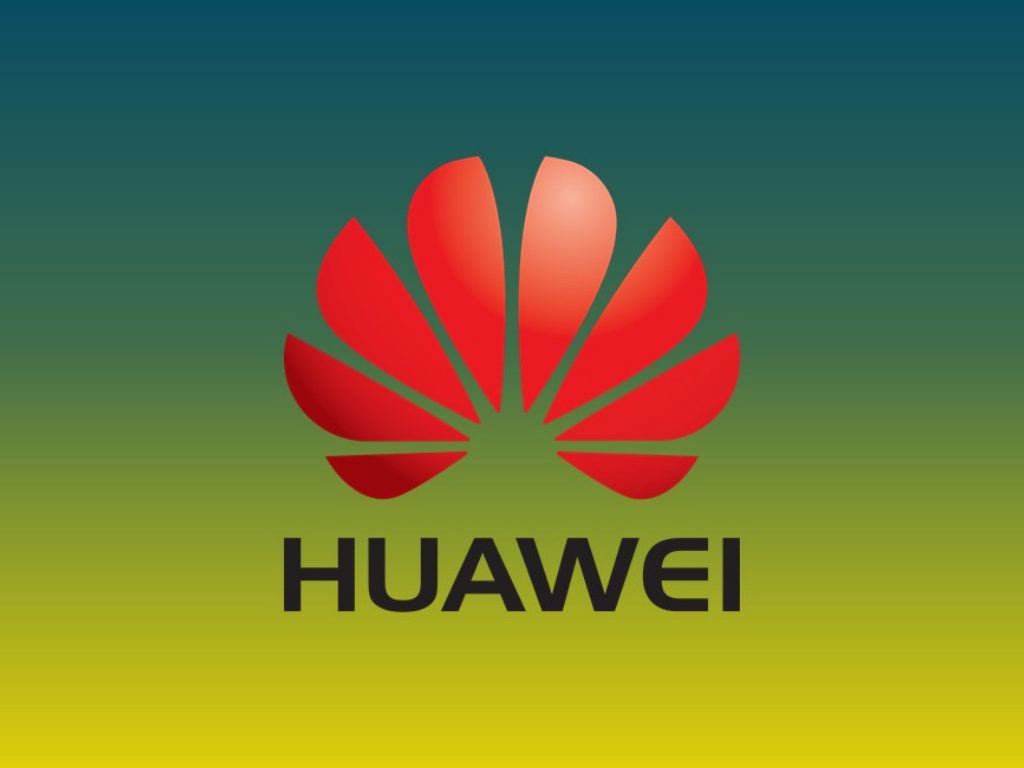This week the voice of our blog comes again from the students. One year ago, Giuseppina, Luigi, Mariangela, Luigi and Valerio wrote this post about Huawei reputational issues in the USA. Even if the facts date back to last year (and, actually, other scandals emerged), this post is not out-dated at all. Indeed, the security in IoT is a really important current topic. Also, this post can make us reflect on the fact that the effects of a crisis are not necessarily negative: it can depend upon the communication strategy of the company, and, most importantly, the reaction of the consumers.
Enjoy it!
Crisis does not necessarily mean discard: the case of Huawei
Huawei is the leader of Smartphone production in the Chinese market: in 2017 it distributed 153 millions products, holding 10% of market share. Globally it is the third smartphone supplier behind Samsung and Apple; despite this, the expansion in the most profitable market in the world, the american one, remains a mirage. On January 9, 2018, at the opening of the CES (Consumer Electronics Show) in Las Vegas, the Chinese company was to announce its collaboration with AT&T, the American leader in the telco sector, for the sale of Mate 10, but AT&T stepped back and blurred this fundamental partnership.
Why Huawei failed to ensure visibility and penetration in the American market once again?
The online website "The information" reported that some members of the Senate and the Committee on Intelligence of the US Congress were pressuring the agreement not to be concluded, sending a letter to the Federal Communications Commission on December 20 to highlight the risks for national security arising from Huawei's expansion plans. In February, all the main online news media began to report the news that six leaders of the US intelligence services, such as FBI, NSA and CIA, specifically asked American consumers not to use smartphones from Chinese manufacturers Huawei and Zte, declaring their concern that phones from China could be instruments for espionage and detection of sensitive data. An accusation that has nothing new, but that, in an increasingly interconnected world, has an unprecedented resonance, with social media that make visible a plurality of opinions and arguments that are not necessarily based on information received from organizations (Etter, Ravasi, Colleoni, 2017). In particular, it is an accusation that puts the governance of the Chinese colossus in a bad light, which has declared itself aware of the existence of a series of US government activities apparently aimed at interfering with its business in the US market. Huawei later reiterated that it has the trust of governments and customers in 170 countries around the world, and therefore did not represent a higher threat than any other manufacturer in the industry.
Governance - defined as the perception of transparency and correctness that the stakeholders have about the company (Fombrun et al, 2015) - is a very important component of company's reputation. In the case of Huawei, qualitative research conducted by us on the main online news media showed how many users have taken Huawei's defense and condemned the hypocrisy of the US government, accusing it of hinder the expansion of a Chinese company that offers smartphones with a best quality/price ratio. Although Huawei did not release any official statements or communications on major social media, presumably to prevent the spread of the news, it made a misstep on its Facebook channel. The online information portal "9to5Google" immediately released the news that Huawei asked in a Facebook group, that has about 60,000 users, to write, in the "reviews" section of the Best Buy website, why they wanted to own the Mate 10 Pro, offering in exchange the possibility of testing the product. In less than two days were released more than 100 reviews - canceled by Best Buy immediately after hearing this news - written by people that never touched this smartphone, that could have confused and persuaded potential new buyers. A very naive marketing strategy, which aimed to give visibility to the product in order to make the product appear reliable.
It is important to emphasize that in the United States 90% of users buy their smartphone directly from their operator. From this point of view, given the failed agreement with AT & T, Huawei was in a difficult position to reach a large amount of sells and so it tried a very risky and desperate action. Also analyzing the comments, especially on the first published article, this comment comes to mind: "A great phone that does not need to be pushed this way." A concept that can be used to summarize the reaction of users is: the marketing strategy used is "condemned" because many people already knows the quality and good functioning of Huawei phones.
In conclusion we can say that the lack of perception of transparency by Huawei in the eyes of the US government is an obstacle to its full commercial expansion in the West, since it can only sell in the United States through open channels. But it is opportune to recognize that, in contrast to the signs of crisis, of which we have discussed, the users taken for reference for our qualitative analysis pronounced themselves in defense of the organization. Nowadays users, thanks to the web, have the opportunity to play a more active role in shaping the reputation of companies and their opinions must be constantly monitored by managers (Etter, Ravasi, Colleoni, 2017). In Huawei's case, the awareness of being well seen by users should push it to engage in correct and transparent marketing campaigns; in this way, maybe one day the explosion in the American market will come!
Baiostra Giuseppina
Gaudini Luigi
Miranda Mariangela
Monsurrò Luigi
Ricottelli Valerio
References
Etter, M., Ravasi, D., & Colleoni, E. (2017). Social Media and the Formation of Organizational Reputation. Academy of Management Review, amr-2014.
Fombrun, C. J., Ponzi, L. J., & Newburry, W. (2015). Stakeholder tracking and analysis: The RepTrak® system for measuring corporate reputation. Corporate Reputation Review, 18(1), 3-24.




